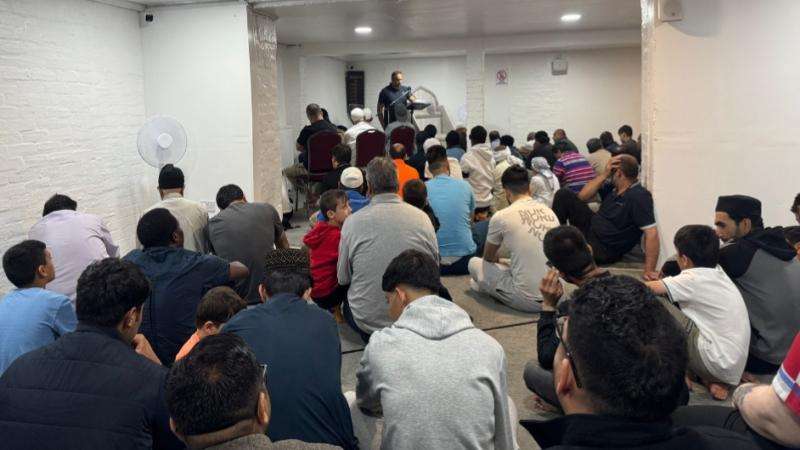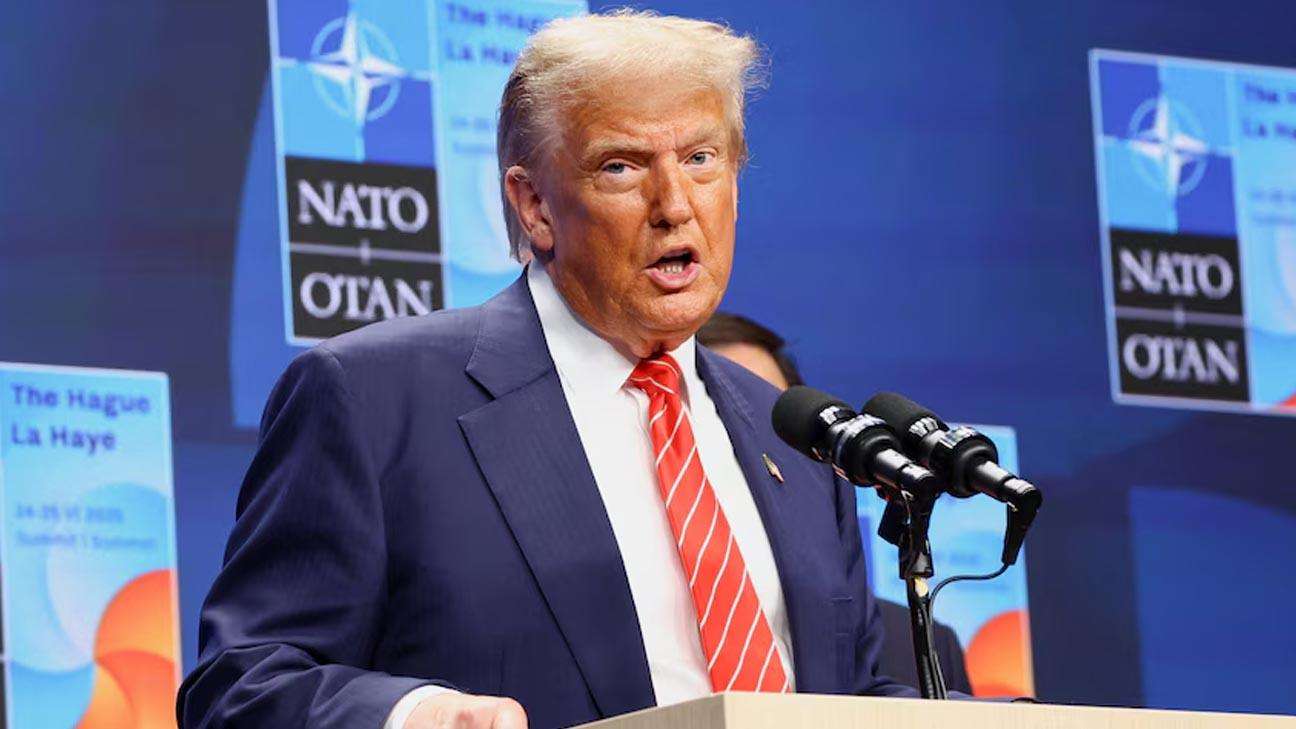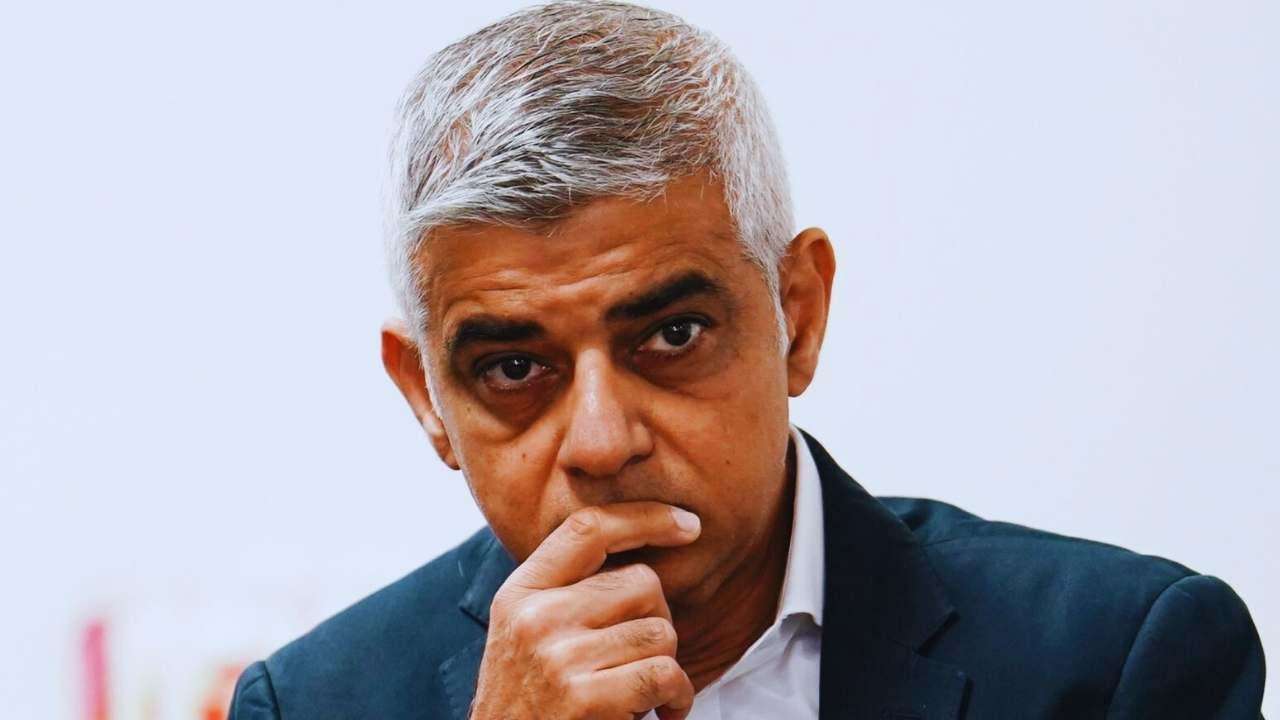At the NATO summit in The Hague on June 25, 2025, former President Trump announced that the U.S. would “meet” with Iranian officials next week to discuss Iran's nuclear program and potentially formalize an agreement . He emphasized that while a written agreement wasn’t necessarily crucial — since, in his words, the U.S. had “blown up” Iran’s nuclear sites “to kingdom come” — he would still welcome one if it reassured U.S. objectives .
Trump claimed the strikes were “obliteration” and compared their impact to Hiroshima, but a leaked U.S. Defense Intelligence Agency assessment suggested they likely caused only a short-term setback of a few months, not a permanent destruction . Similarly, the International Atomic Energy Agency (IAEA) and other analysts pointed out that Iran may have moved enriched uranium from strike zones ahead of time , while Iran’s Parliament moved to halt cooperation with the IAEA and escalate its civilian nuclear program .
On the diplomatic front, Iran has not confirmed the talks and remains skeptical, especially in light of the recent military strikes. Iranian officials have questioned whether the U.S. can be trusted.
What’s next:
The meeting is expected to take place next week, though specifics—such as location, participants, and format—haven’t been disclosed .
The focus will likely remain on nuclear non‑proliferation, with Trump reiterating the objective that “Iran will not have nuclear.”
Iran’s stance: no formal talks unless there's a guarantee of no military threats and sanctions relief.








.svg)



.jpeg)

_1.jpg)